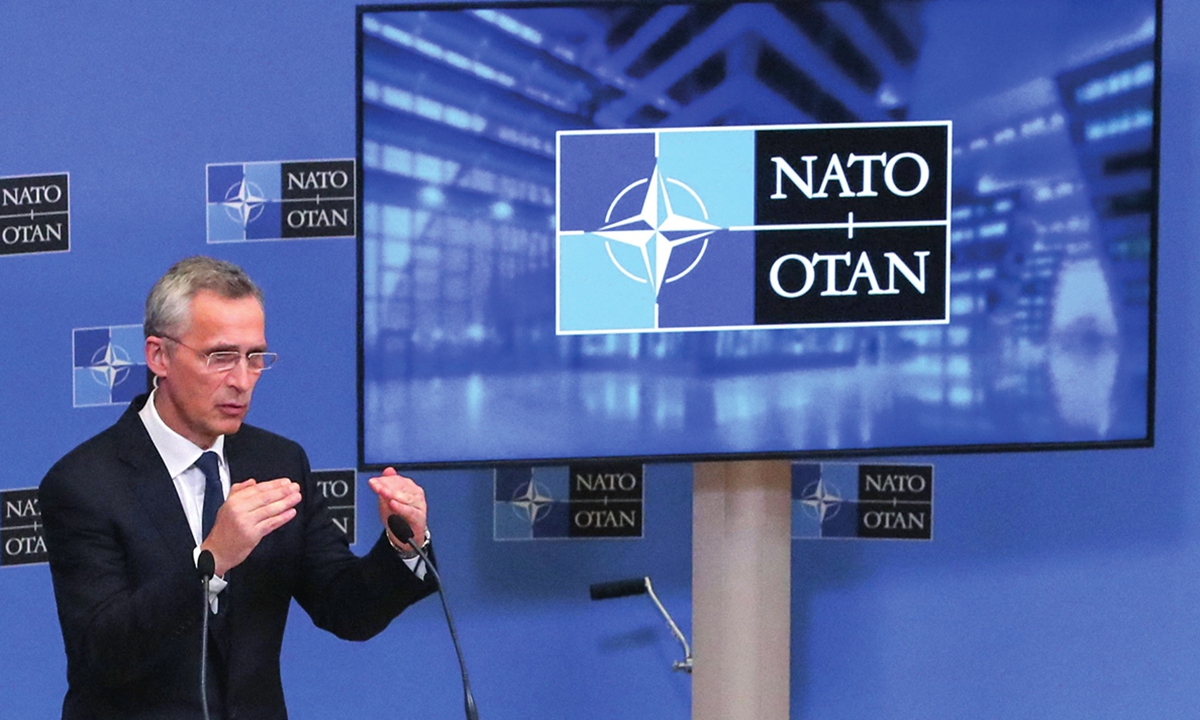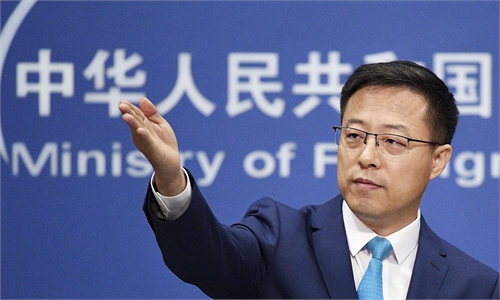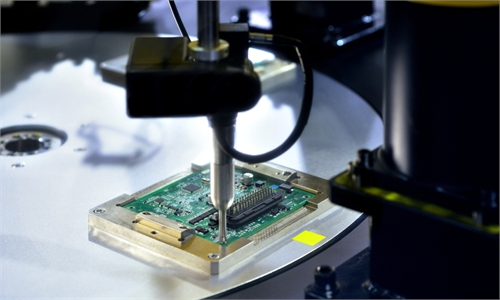Division widens, capacity depletes as NATO discusses boosting Ukraine aid to fan flames

NATO Secretary General Jens Stoltenberg. Photo: VCG
The meeting of NATO foreign ministers on Tuesday will see fresh pledges of non-lethal support to Ukraine, as well as additional supplies of military equipment for Kiev, media reported. Chinese experts warned that the political correctness of NATO's aid to Ukraine may have reached its limit as the capacity of member states to provide aid is depleting and the divisions within NATO over Ukraine will continue to widen.
Kicking off a two-day meeting in Romania, NATO Secretary-General Jens Stoltenberg said Ukraine will one day become a member, but adds the more immediate focus should be on arming Kyiv's forces and supplying non-lethal aid as the winter bites, Aljazeera reported.
NATO foreign ministers are meeting Tuesday and Wednesday in Bucharest, Romania, where the alliance's support for Ukraine since the Russia-Ukraine conflict began will be discussed, according to Reuters.
The US is also expected to announce "substantial" financial aid to Ukraine on Tuesday to help it deal with the damage caused by warfare on its energy infrastructure, the Guardian quoted senior US officials as saying. "The aid is substantial and it is not the end," US officials noted.
Even if the US-led NATO has the willingness to continue to provide aid to Ukraine, whether it has the ability to do so is another matter, Cui Heng, an assistant research fellow at the Center for Russian Studies of East China Normal University, told the Global Times on Tuesday, adding that the consumption and demand for supplies will only increase not only in Ukraine but also in the entire continent as the cold winter approaches.
NATO officials acknowledged that smaller countries have exhausted their potential to provide weaponry to Ukraine, with 20 of its 30 members "pretty tapped out," the New York Times reported.
When the conflict began in February, stockpiles for many nations were only about half of what they were supposed to be and there has been little progress in creating weapons that could be used interchangeably by NATO countries, an NATO official added, according to the report.
The European Union has approved 3.1 billion euros ($3.2 billion) to repay member states for what they provided to Ukraine, but that fund, the European Peace Facility, is nearly 90 percent depleted, the report said.
In total, NATO countries have provided some $40 billion in weaponry to Ukraine, roughly the size of France's annual defense budget, the report noted.
Experts noted that among some major European powers, there are some qualms and grudges on the issue of aid to Ukraine. "For a long time, including before the conflict, the loudest barbs toward Russia came not from European powers like France and Germany but from small ones like Lithuania, but they were always the biggest donors to Ukraine," said the expert.
Resentments are building up in some NATO member states, especially as the Ukraine conflict has been framed as political correctness, so antipathy will naturally emerge, Cui noted.
Conflicts of interest among NATO member states over Ukraine are restricting further plan of the organization. "The appearance of unity can't make up for the differences within NATO, and when the interests of all parties are difficult to bridge, the interests of some small countries will inevitably be sacrificed," Liu Zuokui, deputy director of the Institute of European Studies at the Chinese Academy of Social Sciences, told the Global Times.
NATO has also pledged long-term support for Ukraine, including non-lethal support: fuel, electricity generators, medical supplies, and winter equipment to help local residents get electricity and heat during the cold winter.
However, some experts are skeptical that the NATO pledge can be fulfilled. "Under pressure from inflation and energy crises, NATO member states have put aside not only Ukrainian people but also their own people's voices and their pressure to survive, and merely consider the defeat of Russia as their primary objective," Liu noted.
NATO believes that Ukraine cannot afford to lose this crisis, because of the belief that the failure of Ukraine means the failure of Europe, and defeating Russia means the victory of Europe is deeply ingrained in their minds, the expert said.


